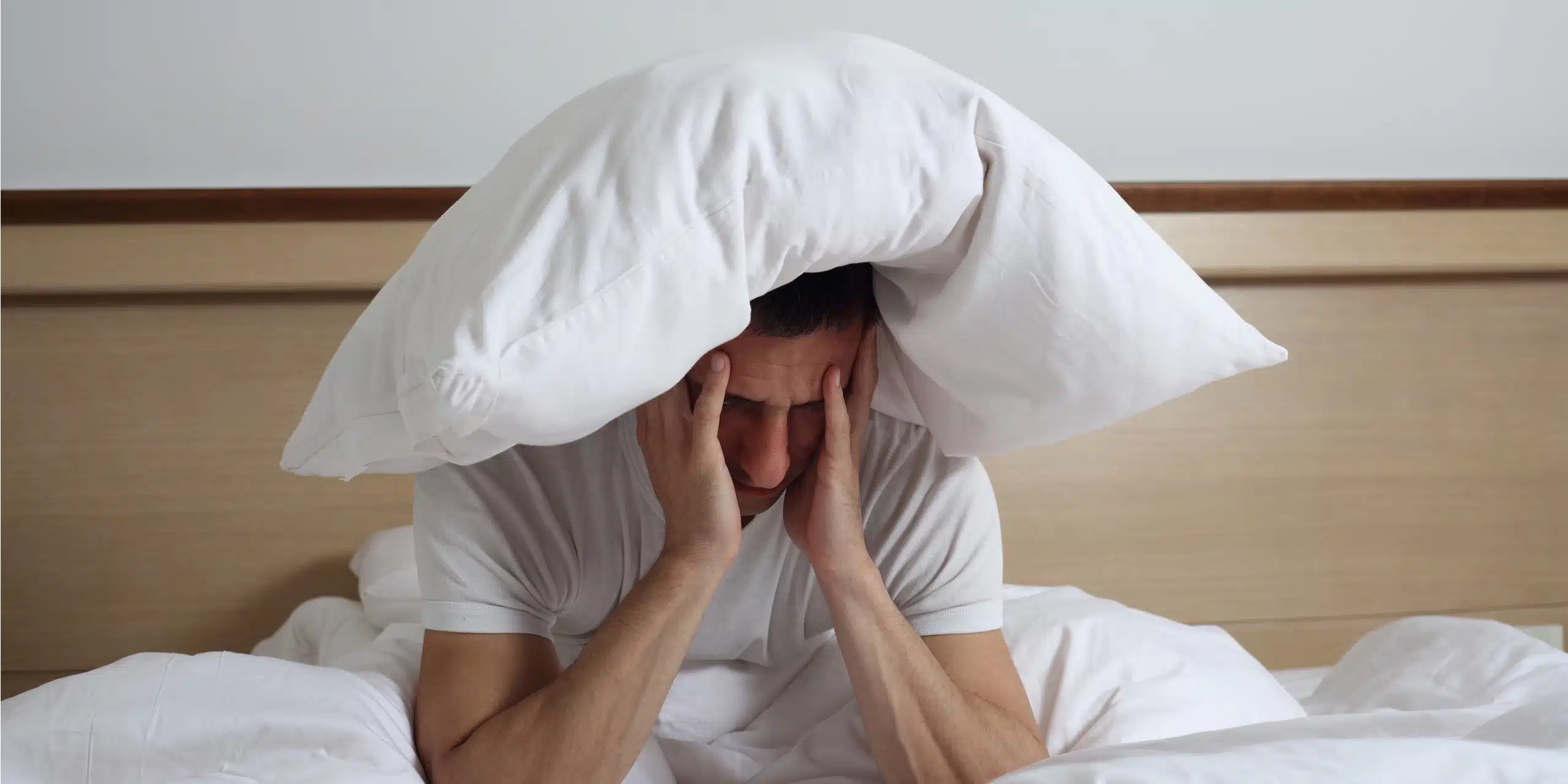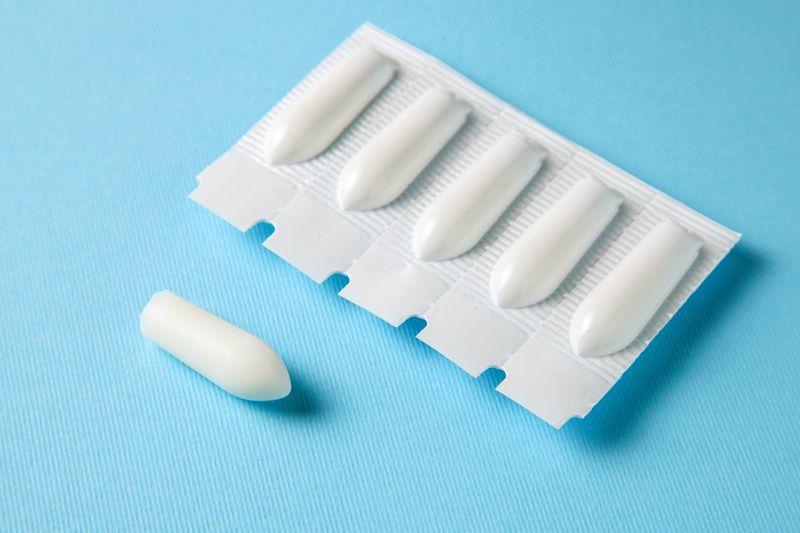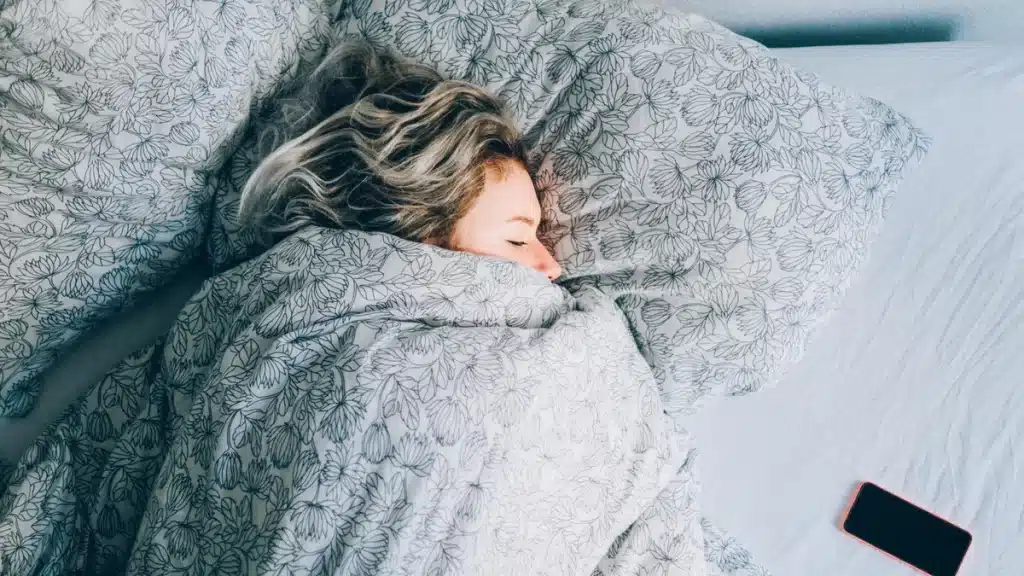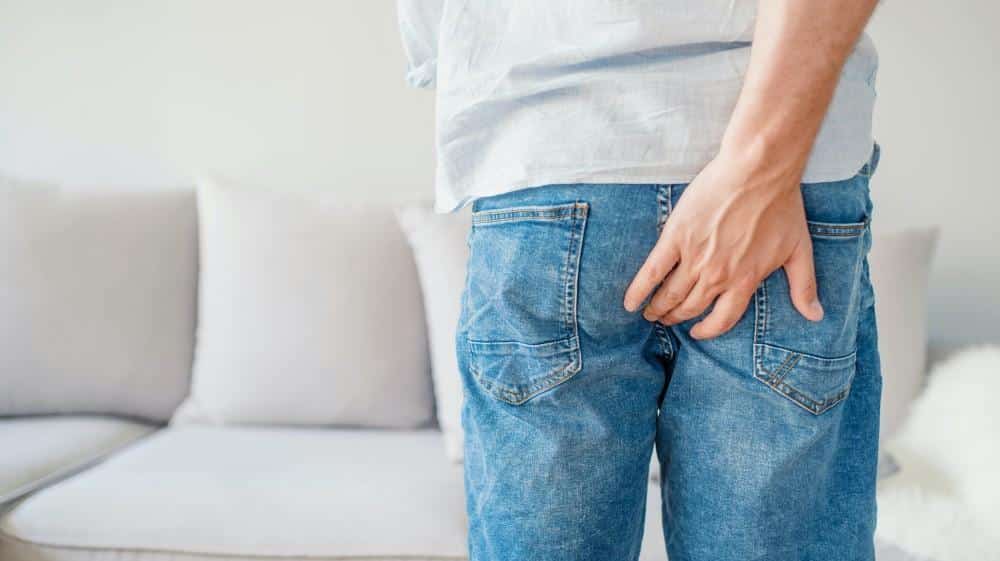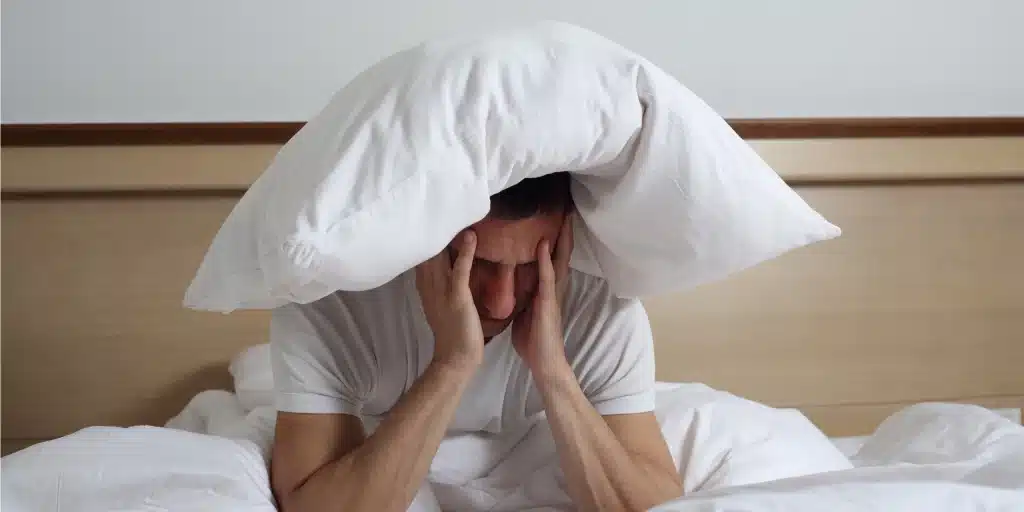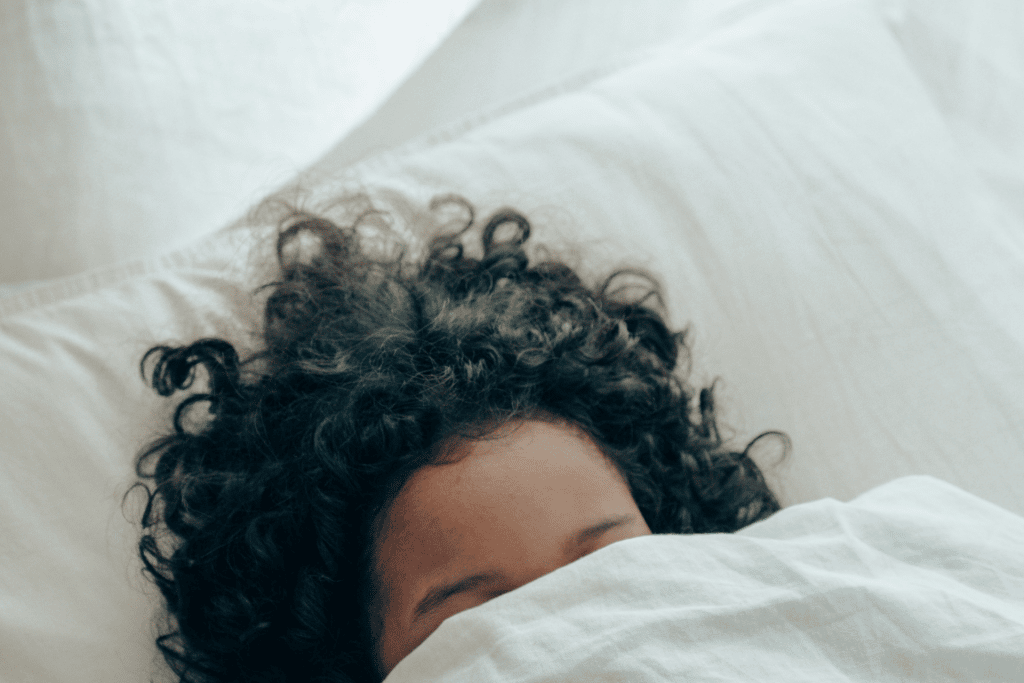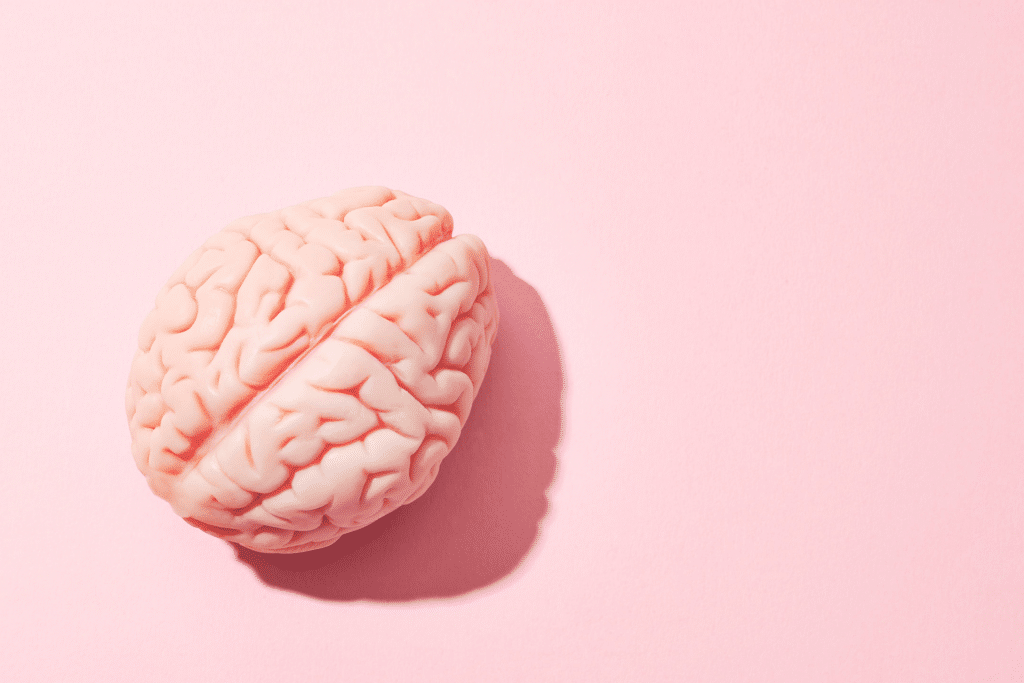Sleep is vital for the human body. While we are asleep, our body is at a heightened anabolic state, repairing and growing. Sleep also benefits the immune system, boosts metabolism, increases energy, improves brain function, and balances hormones.
Tips For Sleeping Better Without Supplements:
- Implement consistent sleeping and waking times. This will help regulate your body’s circadian rhythm (internal body clock). An irregular sleep schedule can cause drowsiness, headaches, mood swings and interfere with memory.
- Power down all devices at least an hour before going to bed. Blue light from devices can trigger cortisol production and suppress melatonin production. This causes us to stay alert and prevents us from getting drowsy enough to sleep.
- Sleep in a cool, dark environment. The body naturally cools down the closer it is to bedtime. By keeping the room cooler, it reinforces the body’s natural response to sleep in that environment. The body can also detect traces of light even in your sleep, and this can cause sleep disruptions.
- Use white noise. White noise allows for a standard noise to be present throughout your sleep and will cover up any small noise triggers that may wake you during the night.
- Go outside and get more sunlight. Sunlight exposure naturally increases Vitamin D and melatonin levels in the body. The Vitamin D received from the sunlight in the daytime plays a role in melatonin production, promoting sleep.
- Try implementing relaxation techniques such as meditation. It is good to “wind down” before bed, because the mind being busy and thinking too much can cause stress right before bed. And stress causes the “fight or flight” physiological response increasing heart rate and quickening breathing, making it more difficult for the body to wind down to sleep.
- Limit naps. Naps can be beneficial depending on the person, but for a person already struggling with insomnia, napping will likely interfere more with sleeping well at night. The best tips for napping are to keep them short, no longer than 30 minutes and to limit them to the early afternoon at 3 PM or earlier.
- Avoid exercising too close to bedtime. There is not an exact mechanism that professionals are certain of, but moderate aerobic exercise has been shown to improve sleep. But, as the body produces endorphins and energy from exercise which can keep you awake, it is best to limit exercise to two hours before bedtime at the latest. Along with this, it increases body temperature, which counteracts the body’s natural process of cooling down towards bedtime.
- Don’t consume caffeine too late in the day (ideally avoid 6-8 hours before bedtime). Caffeine is a stimulant and used in the daytime to keep the body awake. Even if you are a person that can sleep after consuming caffeine, it can reduce the quality of sleep.

